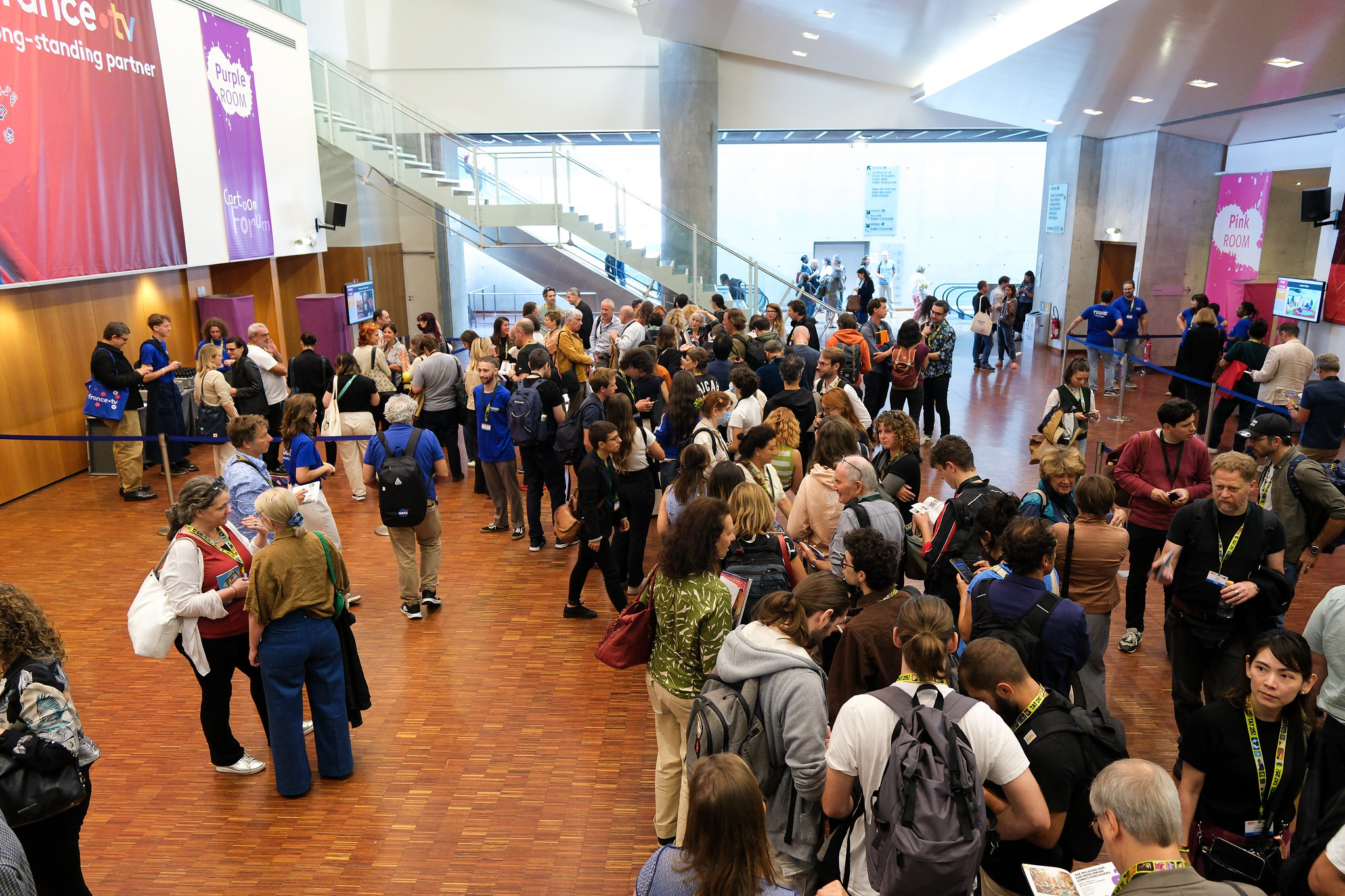Among the 870 participants from 37 countries were 82 students, including four from ESMA, who had a front-row seat to discover the projects they may be working on tomorrow. The coaching programme is based around a number of masterclasses, but also includes practical workshops where the students themselves can present a project to professionals who are as open as they are curious.
A coaching programme to open up new perspectives
“Every year, we invite several dozen students from schools in the Occitanie region to take part in this programme,” explains the team at Cartoon Media, the association responsible for organising the event. “Approaching the animation industry can seem intimidating when you’re still at school, so we’re keen to give these young people the keys to understanding the sector and opening up new prospects for them.”
In concrete terms, this 2025 edition of the Coaching Programme opened on Monday 15 September, with a series of masterclasses organised at TBS Education to discover the role of the producer of an animated series, the behind-the-scenes financial arrangements needed to bring a project to fruition, as well as market trends and best practices for presenting a convincing and impactful pitch.
The students then had the opportunity to attend the professional pitches over two intense days. Meticulously organised and with timing strictly adhered to by all participants (on pain of being penalised), the presentations followed one after the other between 9am and 5pm. It’s a hectic pace, but one that’s necessary if the 75 projects are to be presented fairly. It’s up to the presenters, producers and filmmakers who take to the stage to make the most of these precious twenty minutes.
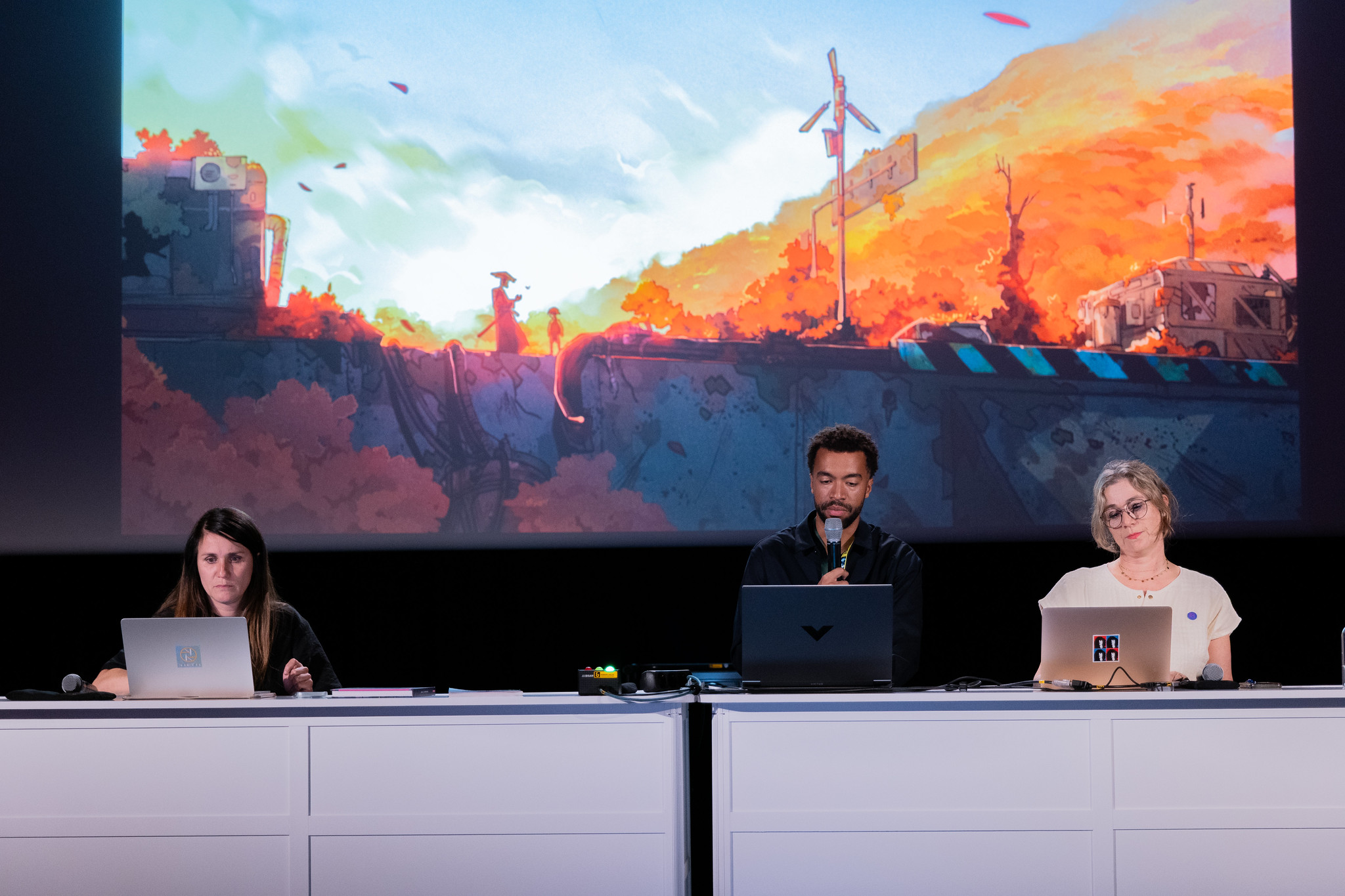
From observation… to practice: students discover the art of the pitch
Last Thursday, it was the students themselves who took to the stage to present (through a mini-pitch workshop) their current end-of-studies film project to a jury made up of studios and representatives from the region. Ten minutes to convince, but above all to gather valuable feedback from experts. There are two aims behind this exercise: to use the advice to improve their project, but also to have an experience similar to that of the professionals that these students may soon be graduating.
On the ESMA side, Tom Aubrion, a student at ESMA Toulouse, had the opportunity to pitch Le Cherche-Lumière on behalf of his team to the panel of professionals assembled for the occasion. The experience was shared with representatives of five other projects from schools in the region, who also had the opportunity to pitch their own short films.
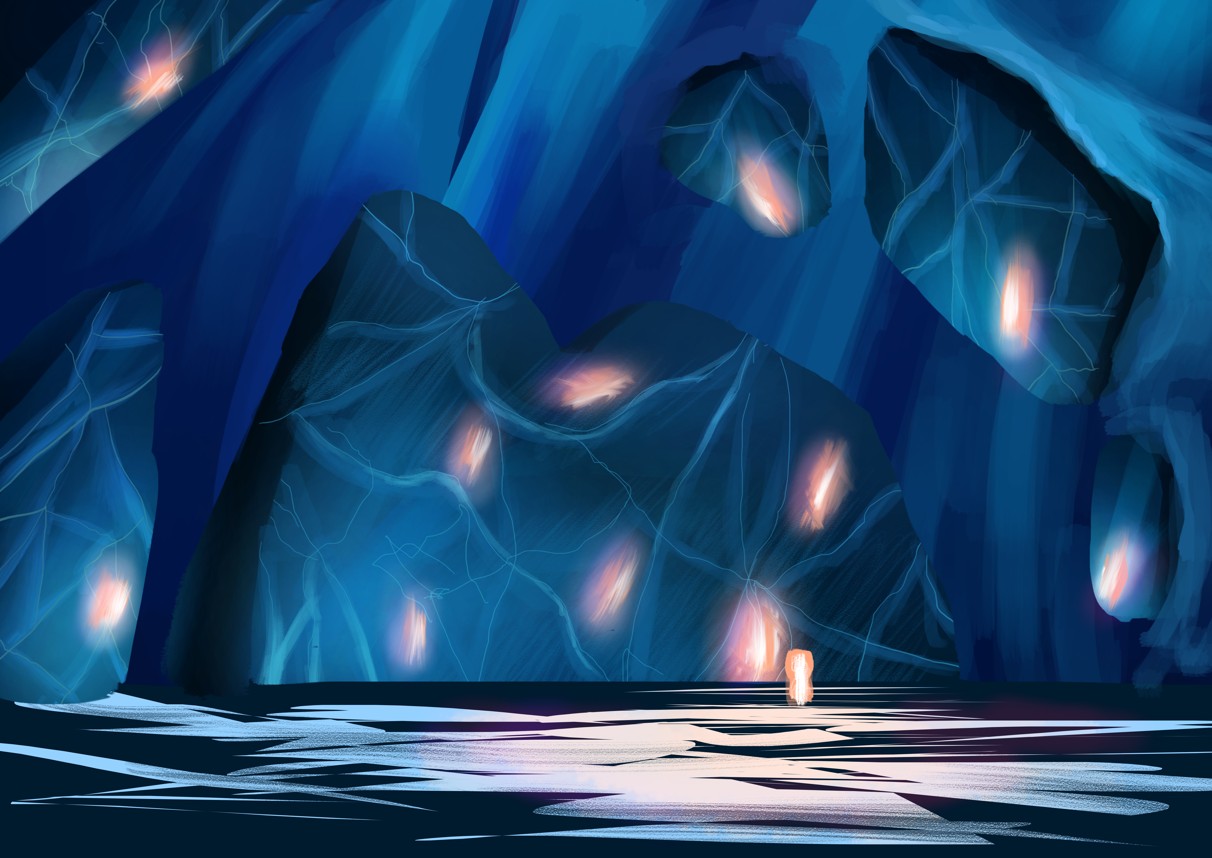
“We saw this programme as a starting point,” adds the Cartoon team. “It continues with Cartoon Springboard, our launch pad for young talent with a first project. An even richer experience, where projects will benefit from feedback from professionals (producers, but also distributors, representatives of TV channels or streaming platforms, and publishers) and can then try to refine their project before pitching themselves at the Cartoon Forum.”
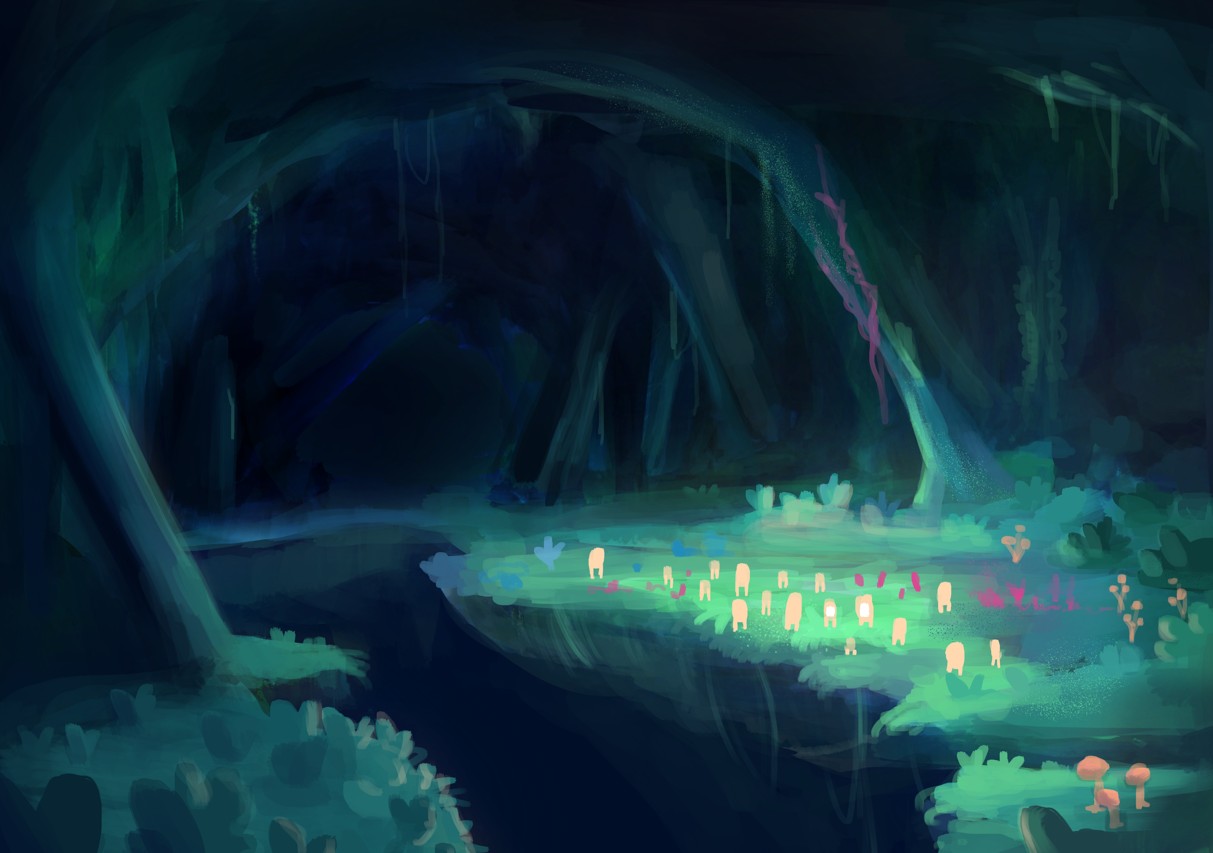
“A warm, caring event full of positive energy”.
What did the ESMA students who had the opportunity to take part in this unique event think?
“What struck me most was the energy of the event,” explains Clément Daurès. “It’s hard to imagine the importance of fund-raising in the industry, and you can feel that the teams put all their energy into their presentations. Two projects in particular caught my eye: Yojimbot [a French teen/adult series mixing science fiction with the world of the samurai, adapted from the eponymous comic by Sylvain Repos], and Natu Natu [a Franco-Luxo-Irish co-production by the prestigious Irish studio Cartoon Saloon]. I thought Yojimbot managed to combine an interesting art direction with a compelling action background, which I think gives it real international potential.”
Yojimbot also made the biggest impression on Julien Garraud. “The graphic style is of the highest quality, with superb 2D animation that enlivens both the battle scenes and the more contemplative, poetic moments. The fact that this is an adaptation of a comic book adds narrative depth and an already rich universe, giving the series real potential.”
Although the two students admit that they are being subjective, and that they are well within the target audience for this series, the Forum’s figures also prove them right. Yojimbot was one of the 15 most popular projects among buyers attending the event. An animated adaptation of a Franco-Belgian comic strip, Elle(s), produced by French studio GO-N Productions, also topped the list.
Julien and Clément also remember the Cartoon Forum for its warm and friendly atmosphere, brimming with curiosity and sympathy. “You could feel that everyone was interested, friendly and curious to discover new projects,” says Julien. “My group and I even had the chance to chat with Marc Rius, co-founder of the French animation studio TNZPV Productions, during the lunch break, and this informal exchange was very enriching.”
It’s an atmosphere that facilitates dialogue and puts people at ease,” adds Clément Daurès, who was able to take advantage of this space designed to encourage meetings and sharing. “Even so, there’s a lot of business tension and stress involved. But my overall impression is extremely positive. The Cartoon Forum is an event that not only allows you to learn a lot about the industry, but also to see yourself as a future professional.
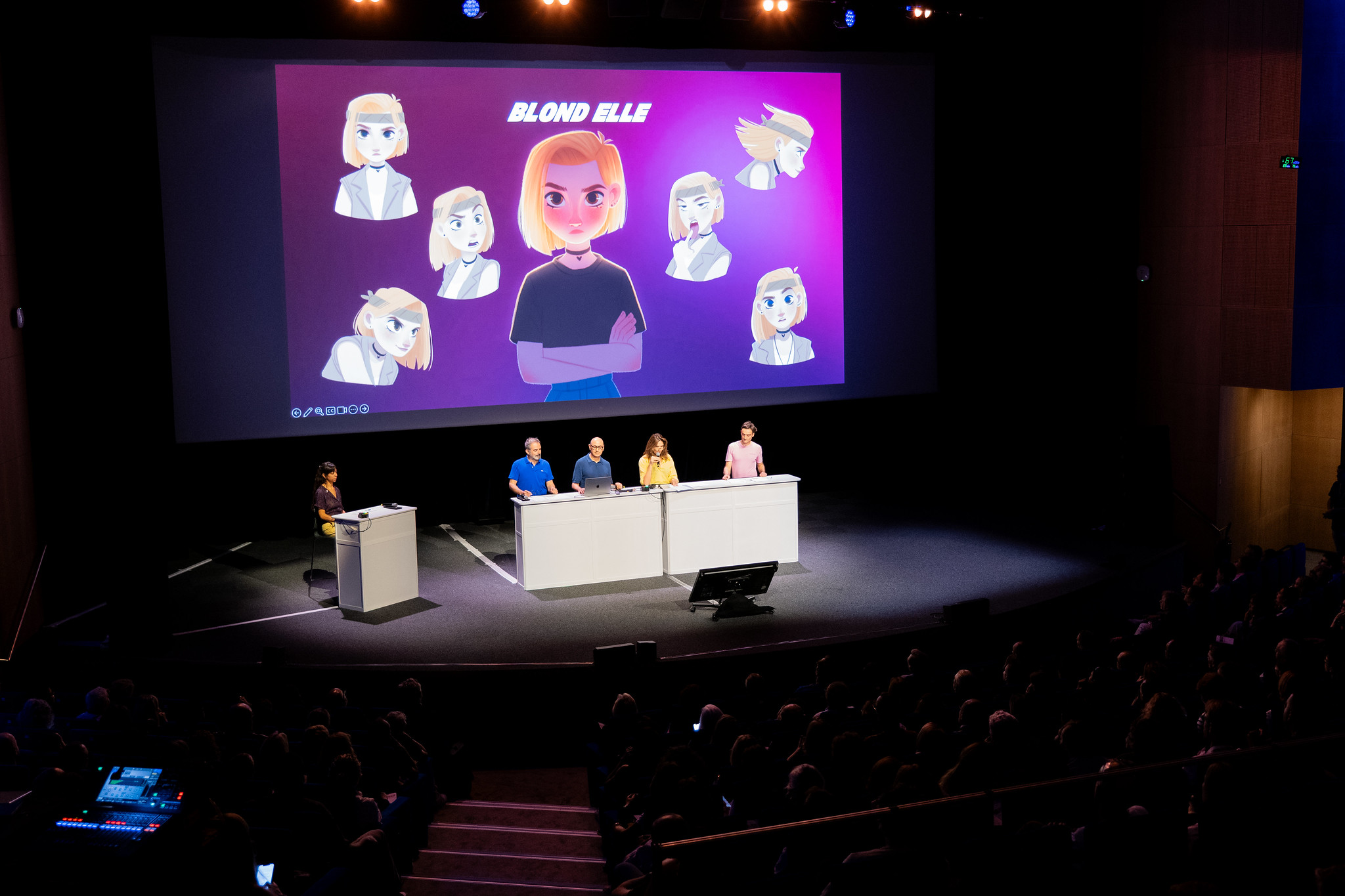
Creating links, the DNA of the Cartoon Forum
Do these students recommend taking part in this type of event?
“Yes, without a doubt,” say the duo in unison. “As animation students, it’s really valuable to take part in this type of event. It puts you in direct contact with directors, producers, broadcasters and financiers. You get to see the beginnings of projects that may well see the light of day in the next few years, and that gives you a very real insight into what it’s like to work in the industry. Taking part in an event like this opens your eyes to the reality of the sector. It’s an experience that helps us understand the expectations of the market, and reminds us that this exciting environment is first and foremost a well thought-out business.”
These students have returned from Cartoon Forum with their heads full of ambitious projects and discoveries, but also with a pragmatic view of an environment where artistic visions and commercial issues are constantly rubbing shoulders.
“At a time when budgets are tightening and launching new projects poses ever-greater challenges, Cartoon Forum remains a place of opportunity and collaboration,” the team points out in its traditional press release closing the event. “By cultivating dialogue, cooperation and solidarity, we continue to celebrate what is the essence of European animation: creativity, resilience, and the ability to reinvent ourselves.”
A statement that echoes Cartoon’s slogan, and one that the students were able to verify for themselves during this experience: You create, we connect.
